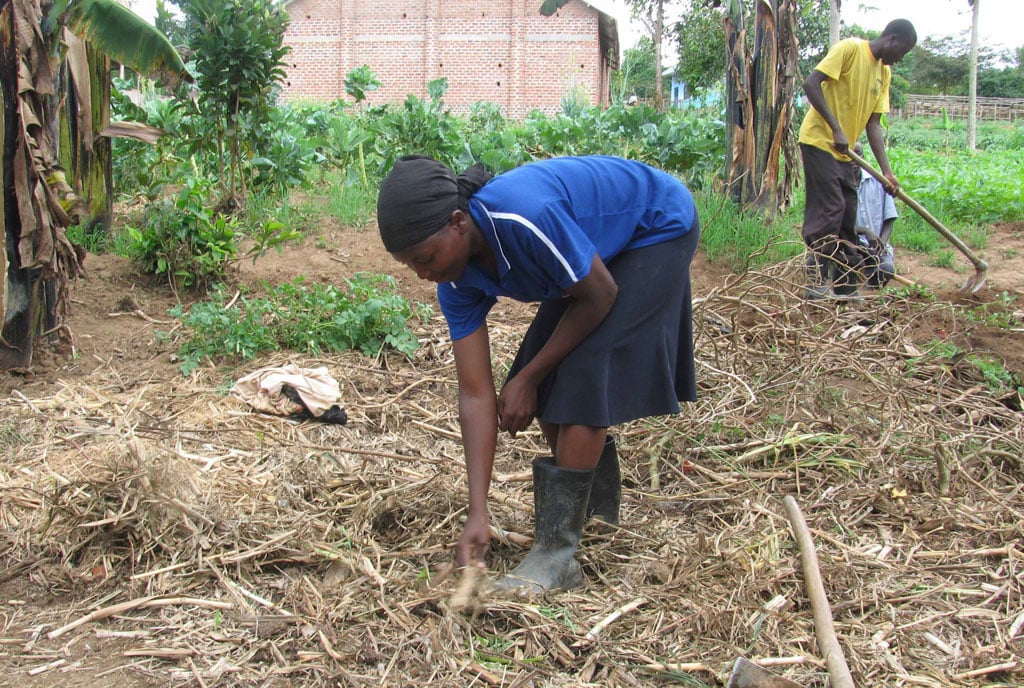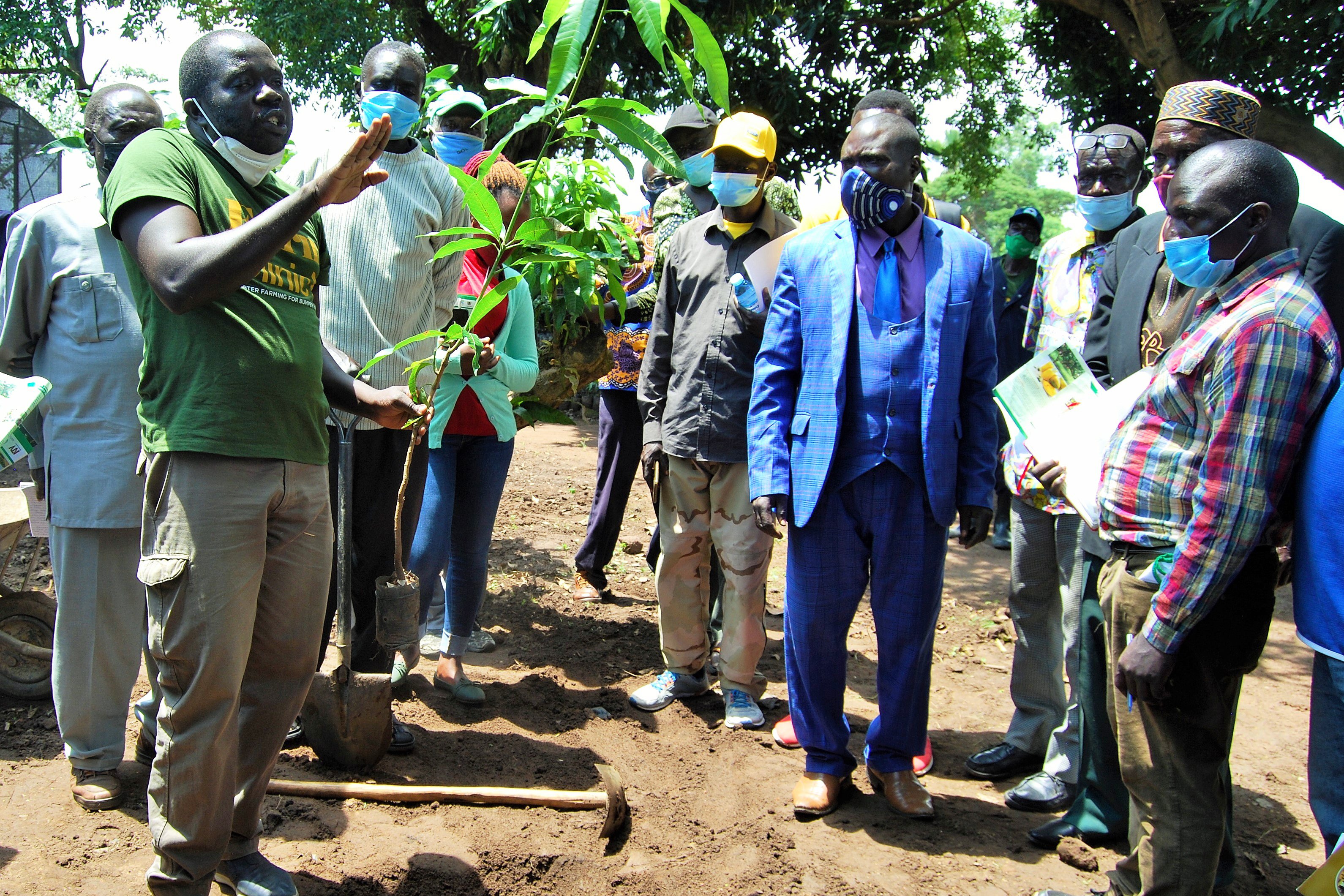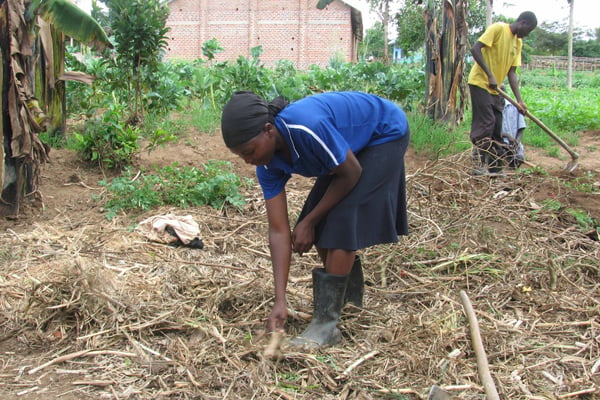
Michael J Ssali. PHOTO/COURTESY
Nothing is perhaps more important to the farmer than good quality soil. It is the medium in which plants are anchored and it is the main source of their nutrients. All farmers want to grow their crops on fertile ground in order to achieve high yields.
Good soil is as important to agriculture as evenly distributed rainfall. In the course of their work it is important that farmers are mindful of sustaining soil health by avoiding farming practices that degrade it.
It is not quite correct to think that the best way to sustain soil quality is continuous application of fertilisers or manure. Rather, the farmer should be more concerned about how to preserve the inherent natural qualities of the soil.
Prof Julius Zaake, a long serving soil scientist at Makerere University once told your columnist that when crops are planted in the field, they consume nutrients which are carried away when the crops are harvested. He recommends that all crop residues should be put back in the field and incorporated into the soil to restore the nutrients.
Climate change and rapid population growth have not helped matters. There is an ever growing demand for food without corresponding expansion of farming space. Farmers must produce more food at whatever cost. Yet to conserve soil fertility there should be minimum soil disturbance, maintenance of natural nutrients and organic soil cover. Often we need to grow a variety of different crops on the same plot including those that are nitrogen fixing. But due to the big need to feed a big population many farmers now grow the same crops such as maize or sorghum one season after another with heavy reliance on fertilisers without caring about the soil’s natural fertility maintenance.
Too frequent tillage of the soil makes it bare and open to erosion by air and running water. Keeping the soil covered with material such as grass or leaves improves soil quality because they protect it from strong rain drops and wind thus reducing chances of soil erosion.
The mulch also reduces the chances of losing soil moisture which is needed for seed germination and vigorous growth of crops. After sometime the grass and the leaves turn into soil that is rich in organic matter. Crop rotation is another way to conserve soil fertility because the pests get confused and cannot cause much damage.
Mr Michael Ssali is a veteran journalist,
[email protected]


